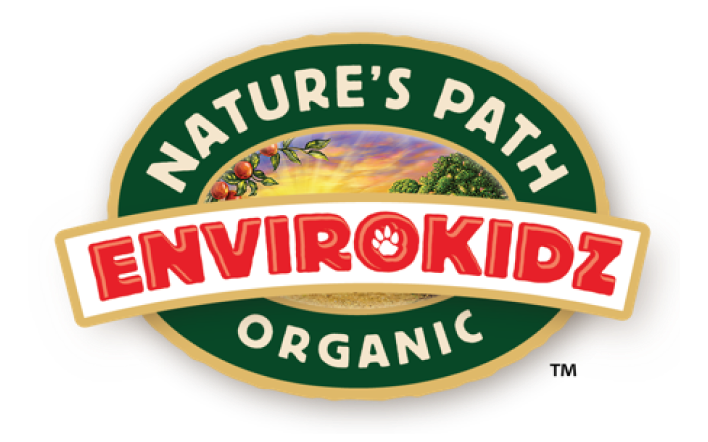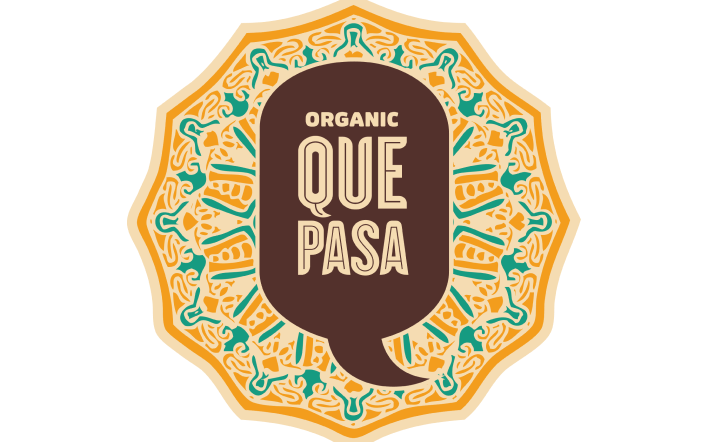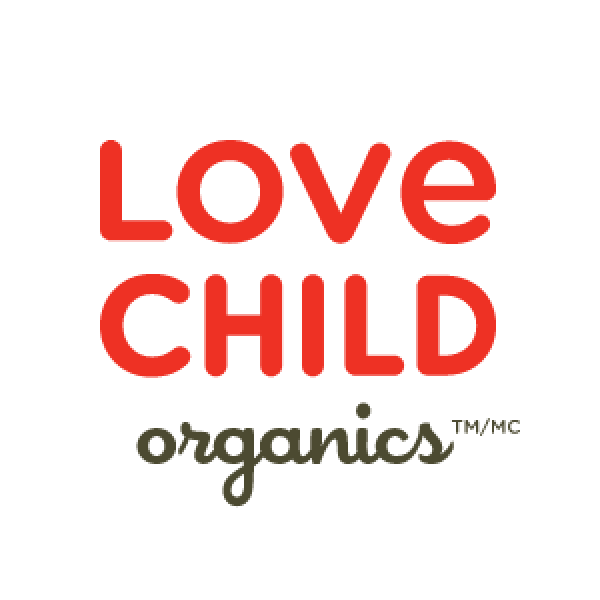
Zero Waste and Corporate Sustainability
In nature, there are no waste products: everything that is created and discarded simply becomes the raw materials for the next part of the complex cycles of life, the very essence of sustainability. One cycle of life, the carbon cycle, works like this: Plants absorb carbon dioxide from the air and use sunshine to break it down into carbon (used to build plant tissues and sugars) and “waste” oxygen (which is released back into the air); animals pull oxygen from the air and use it to break down the sugars and other carbs they eat to create metabolic energy and animal tissues, a process that creates “waste” carbon dioxide (which is released back into the air); and so it goes, round and round. Elegant and infinitely sustainable.
nWhat is Zero Waste?
Zero Waste is a philosophy that aims to replace one-way resource chains with actual cycles that mimic nature’s cycles and ensure that every unneeded, unusable, discarded, or worn out material is returned to the appropriate point to be used again. Zero Waste makes sense, saves money, and may very well be humanities’ best hope for preserving the planet and ourselves. But it is going to take a seismic shift in how we think about waste and resources.Where to start?
According to Eco-Cycle, one of the largest non-profit recyclers in the USA, the World Resources Institute estimates that you never see the vast majority of the waste that you and your lifestyle generate – almost 99% of it, to be exact. It is generated by someone else, somewhere that you have no direct control over. So, then, Zero Waste policies need to start in our mines, oil fields, forests, farms, factories, processing plants, warehouses, stores, transport companies, and waste management firms…just to name a few of the many players that make sure our every need and whim are catered too.What is Nature’s Path Doing about Zero Waste?
Nature’s Path has always been invested in sustainability and in 2014 it set the goal of becoming a Zero Waste company. In April 2016 it earned Zero Waste gold certification with the U.S. Zero Waste Business Council for two of its three manufacturing plants. As of this writing, they are waiting for the audit results expected to lead to certification for the third of its manufacturing plants. In April 2017, Nature's Path earned the Zero Waste certification for the third of its manufacturing plants. Then, in February 2017 Nature's Path joined How2Recycle, a standardized labeling system designed to clearly communicate product- and package-specific recycling instructions to consumers.What can you do to help?
Reduce, reuse, and recycle! You may only have direct control over 1 per cent of your footprint, but everything you do does make a difference. And exercise your influence on the 99 per cent: Encourage companies you do business with to pursue Zero Waste certification, use less packaging, create packaging and products that last a long time and that can be refurbished or recycled easily, and to communicate clearly how to return or recycle products when you are finished with them. Vote for representatives that support responsible resource management and keep in touch with your representatives! Write, call, e-mail, or stop by and talk to them in person if you can to tell them why Zero Waste and responsible resource management -- and legislation that supports it -- matter to you. Big business in general has little interest in change and talks loudly, make sure you add your quiet voice of reason.Would you like to be the first to hear about our new products and more?
Sign up for our Nature’s Path Newsletter.







